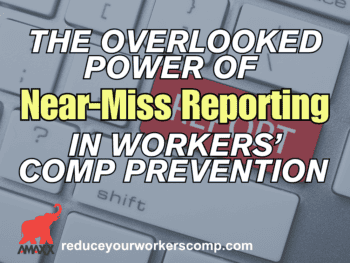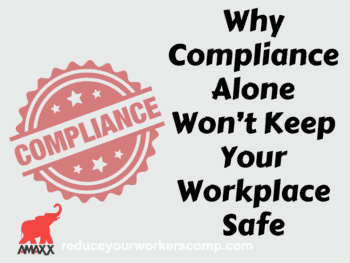South Carolina Adopts “Bunkhouse Rule.” In a case of first impression on the issue of the bunkhouse rule [Pierre v. Seaside Farms, 2010 S.C. LEXIS 288 (Feb. 16, 2010), the Supreme Court of South Carolina held that the workers injuries occurred within the course and scope of the employment where a migrant worker sustained a right ankle fracture when he fell on a wet sidewalk outside housing provided by his employer at a remote farm on St. Helena Island, South Carolina.
Click Link to Access Free PDF Download
“4-Step Sequence For Effective Employee Screening, Hiring, & Placement”
The worker had not actually started work for the employer, having been hired earlier on the day of his fall. The housing was supplied to the worker at no charge, in part, because of the remote location of the work site. After the injury, the worker was terminated from employment since he could not perform the work duties and he filed a claim for workers compensation benefits. The hearing commissioner determined that the worker had not sustained a compensable injury because he was not injured during the course and scope of his employment.
The supreme court reversed. According to the court, whether a worker was contractually required to live on the employers premises was not necessarily as important as whether the practical circumstances required that he or she live there. Examining decisions from several other jurisdictions, the South Carolina high court determined that the worker in the instant case was essentially required to live on the employers premises by the nature of his employment and was making a reasonable use of the employer-provided premises at the time of his accident. The court also indicated that the workers injury was causally related to his employment in that it was due to the conditions under which he lived, i.e., a wet sidewalk outside his building. See Larson’s Workers Compensation Law Ch. 24,[1] n9.1]
SUBSCRIBE: Workers Comp Resource Center Newsletter
Do not use this information without independent verification. All state laws vary. You should consult with your insurance broker or agent about workers comp issues.
©2010 Amaxx Risk Solutions, Inc. All rights reserved under International Copyright Law.



























